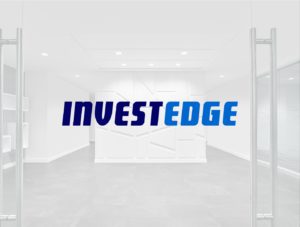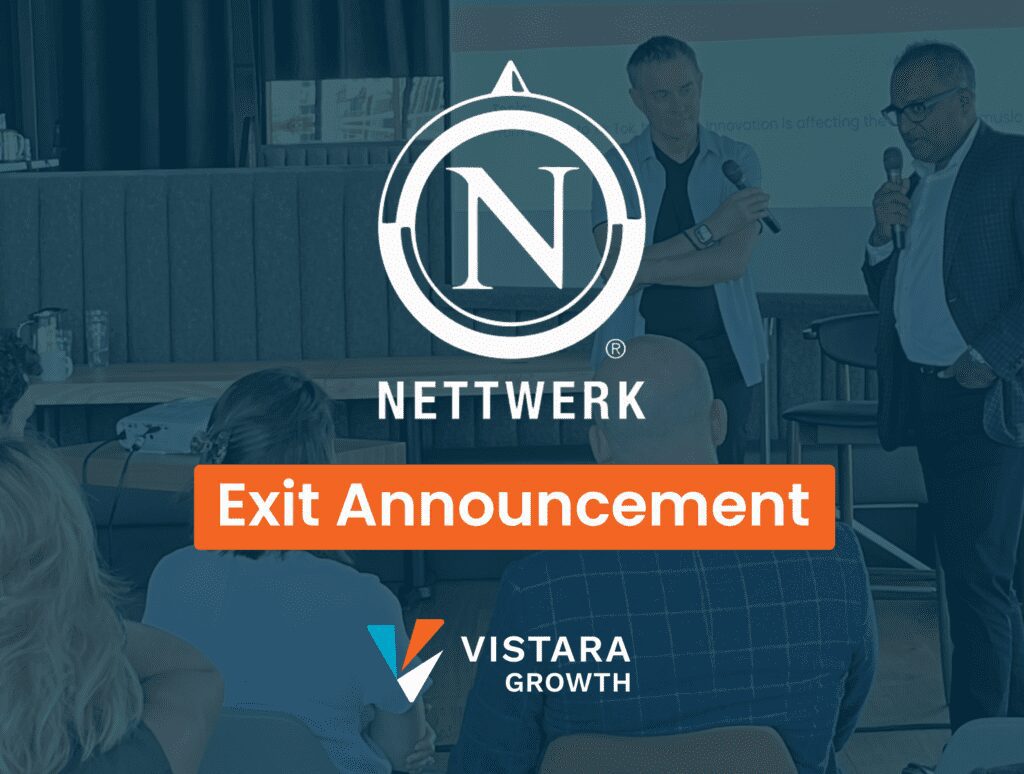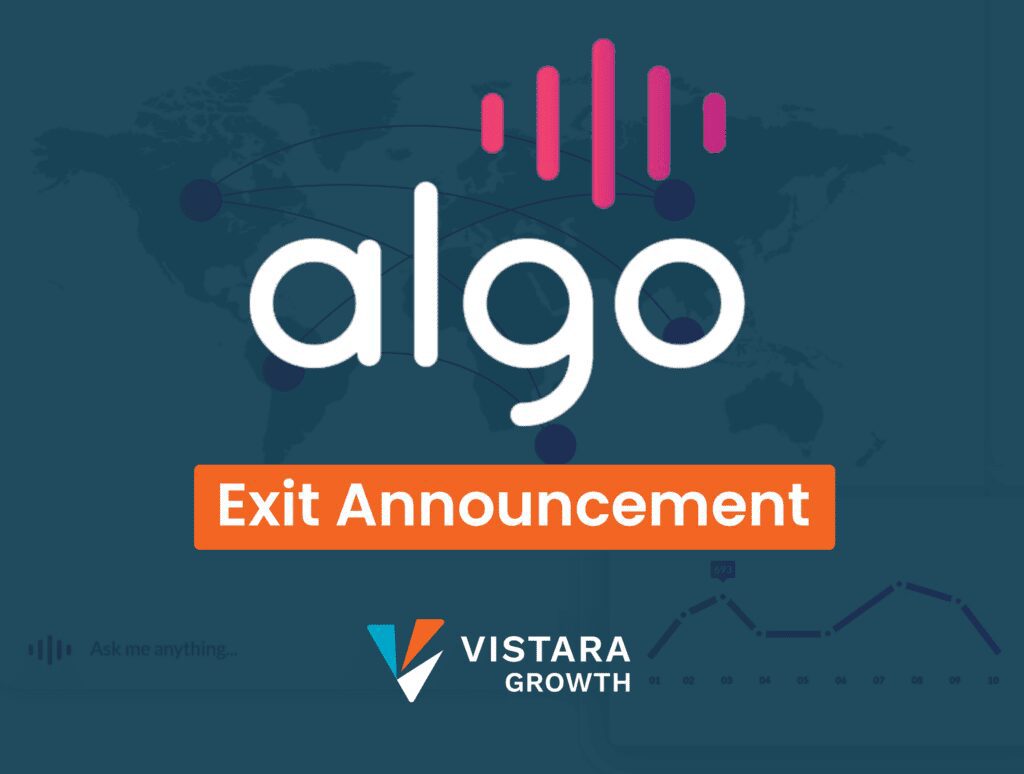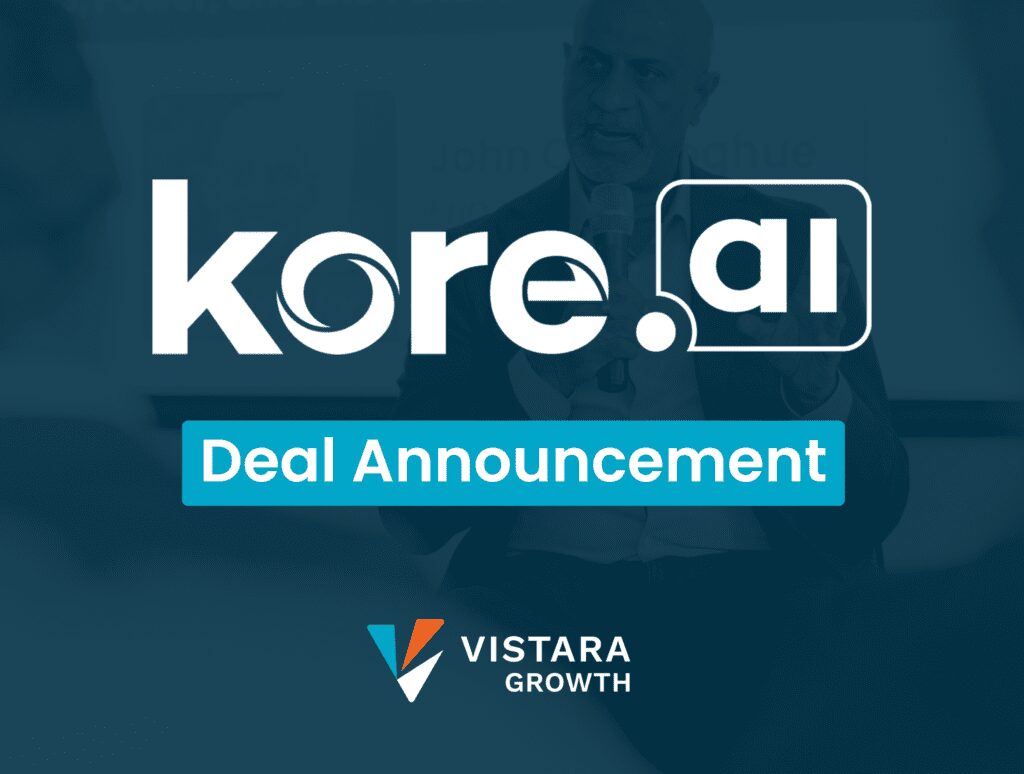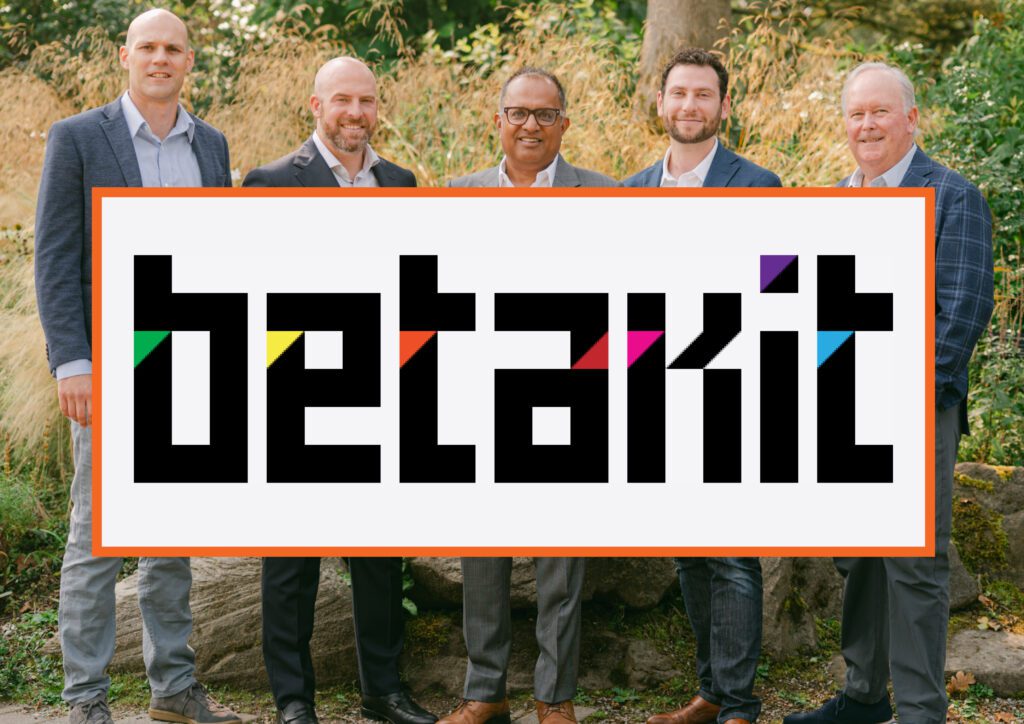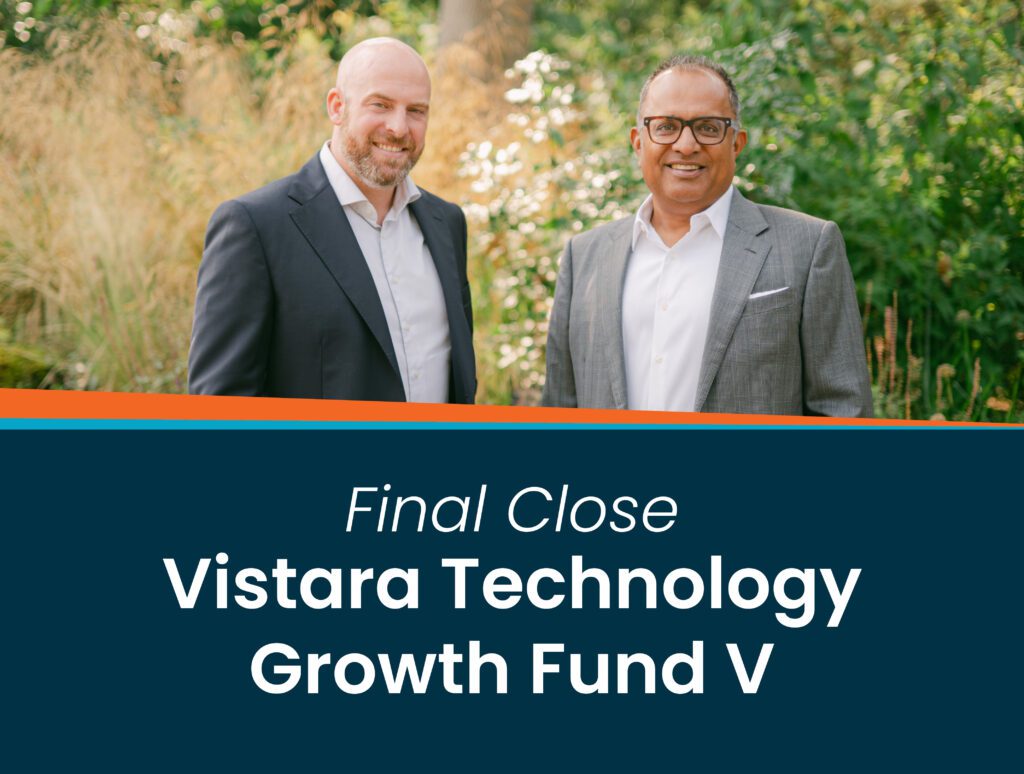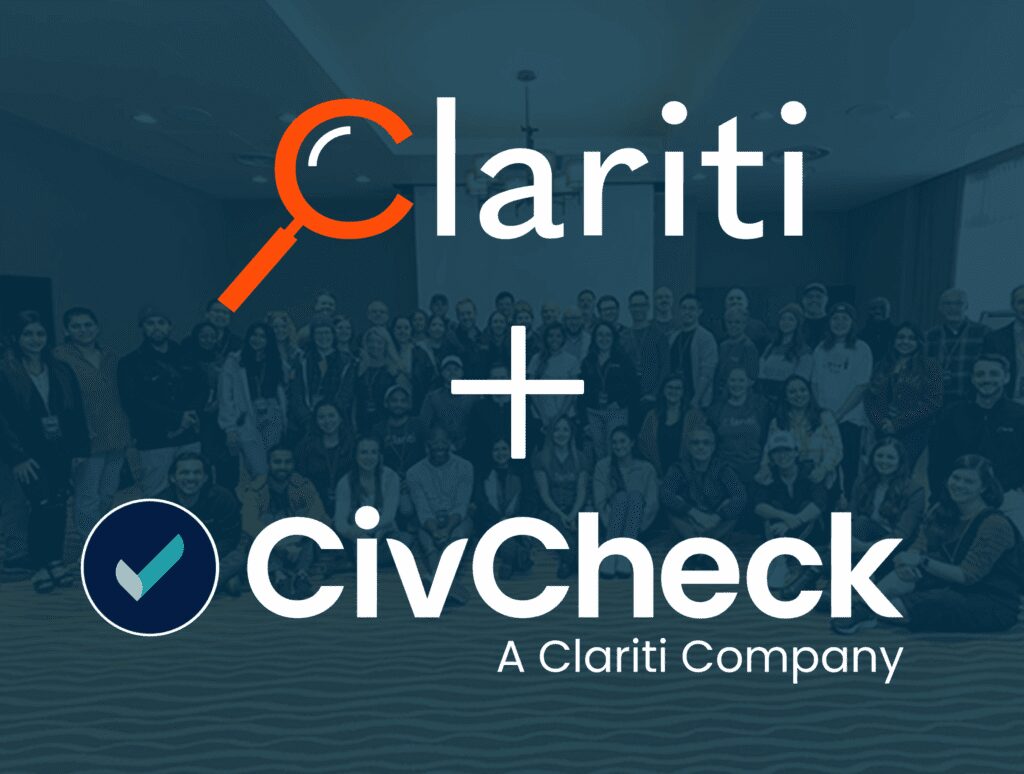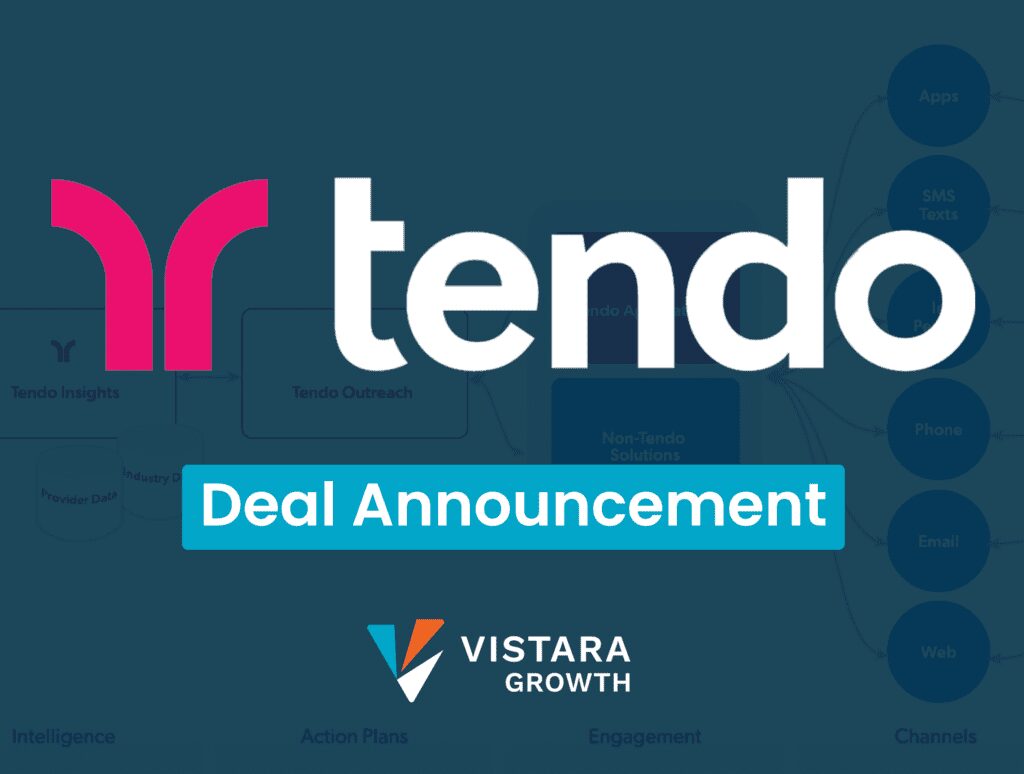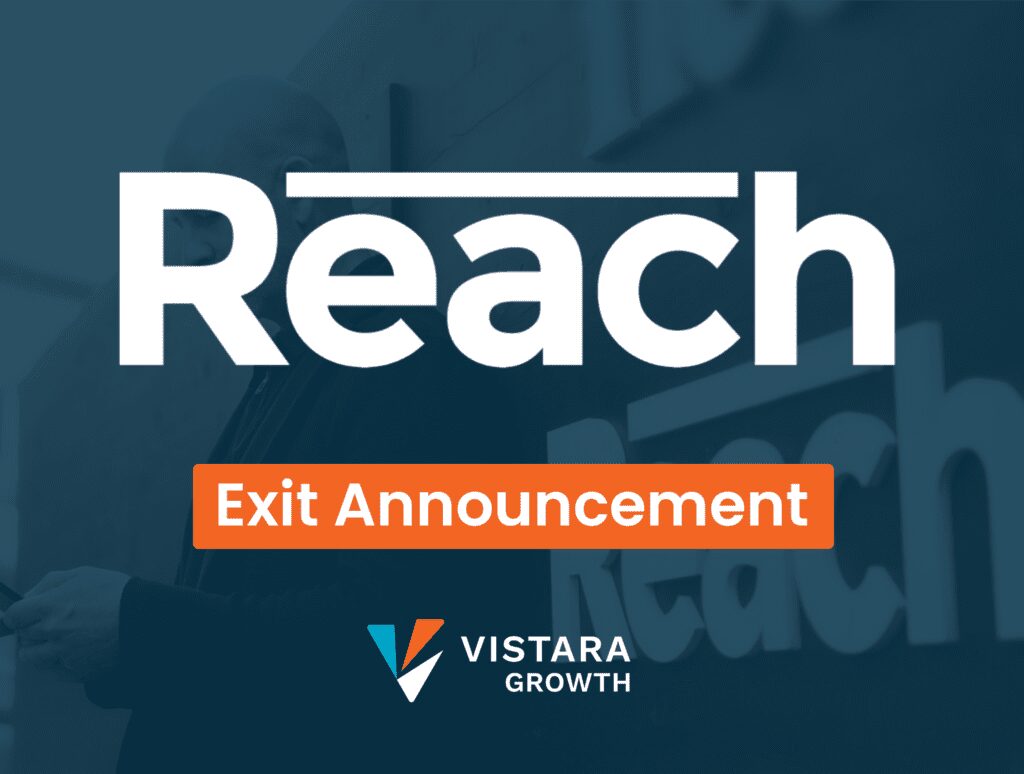Randy Garg, Founder and Managing Partner of Vistara recently sat down for a Q&A lead by Mark Macleod of Surepath Capital Partners, a leading strategic financial advisor to emerging SaaS, ecommerce and SMB software companies.
For the full interview: Meet the Investor: Vistara Capital
Please tell us a bit about your background before founding Vistara Capital, and how you started the fund?
I’ve been involved in financing technology companies for close to 25 years now as a venture capitalist, advisor, and running a family office fund before spinning out to found Vistara Capital just over 2 years ago.
In starting Vistara, it was extremely gratifying to be able to raise the fund almost entirely from contacts made over this time in the industry. Uniquely, our investor base today is made up entirely of Canadian high net worth individuals, family offices, and foundations, which allows for a very flexible investment platform, and for our investors, a private asset class often reserved for institutions. Of note, almost a third of our investors are current or former technology entrepreneurs with direct experience in most of the sectors we look to invest in, which has also been a very valuable resource for our fund.
What opportunity did you see in the market when you launched the firm? How do you differentiate from the other debt players in the market?
“Vistara”, which is Sanskrit for “expansion”, is focused exclusively on providing flexible capital solutions to growth stage technology companies across North America. While the majority of our solutions are in the form of growth debt, we have also completed minority growth equity financings, and in some cases a hybrid of the two. Equity is more permanent in nature and can be the most expensive form of capital you can raise, so it needs to be raised at the right time, and with the right level of attention to the terms and expectations that come with it. We find that entrepreneurs, advisors, and Boards are becoming increasingly aware of these factors, so the market opportunity revolves around being able to help fund these expansion needs, while managing the overall levels and cost of dilution and other control provisions.
In addition to capital structure flexibility, a few other ways we differentiate is through our openness to work with entrepreneur-owned bootstrapped companies vs. strictly venture backed companies. We also provide longer term non-amortizing loans so our capital is fully available for growth, and are very willing to subordinate to senior lenders to help lower the cost of capital. Fundamentally though, we look to differentiate ourselves by having the flexibility and experience to craft tailored solutions to match a company’s needs, and then being able to adapt and help them navigate the inevitable challenges along the way. We’re very proud to have favorable references from all of our portfolio companies, and especially from the ones that didn’t go straight up and to the right as projected!
Any notable portfolio companies that you’d like to share? Are you focused on any particular sectors and when do you tend to get involved?
Vistara focuses primarily on enterprise software / SaaS companies and we’re pleased to have already completed 7 deals in our short fund history. Each use case and structure has been different including funding acquisitions, extending runway between equity rounds, augmenting equity rounds, funding shareholder secondary needs, and improving and expanding upon existing or maturing debt facilities.
While we look broadly across the tech sector, we’re seeing tremendous opportunities on the software side of the financial services industry, with investments in companies like Zafin (Toronto) focused on the modernization of banking systems for many top-tier global banks, and Investedge (Philadelphia) providing core software solutions that now help manage over $1 trillion in assets across the US wealth management industry.
We also like platform solutions companies, such as You.i TV (Ottawa) which provides a platform for delivery of video content via apps for global media companies, and one of our most recent investments, Mobify (Vancouver) which provides a mobile commerce platform solution for many of the world’s leading retail brands.
We have found ourselves in a variety of situations ranging from being the first external investor in founder led companies such as Zafin and Investedge, to helping extend runway between the Series B and C round for Getaround (San Francisco) which is backed by top-tier Silicon Valley and other VCs, and positioning itself as the AirBnB of car sharing partnering with the likes of Toyota and Uber.
It’s really never a dull moment with a very interesting and diverse mix of companies at different stages in their growth cycle, and an incredibly talented group of entrepreneurs leading them.
VCs have mixed feelings about debt. When do you think debt makes the most sense for technology companies?
In working with both VC-backed and non-sponsored companies, I have found attitudes towards debt revolve primarily around the stage a company is at, and even more so, the level of confidence in its future, regardless of whether a VC is involved or not. Perhaps not surprisingly, US investors tend to view debt as an essential part of almost every deal, and as a way to increase their return on equity by having more overall growth capital available to a portfolio company.
The sentiment in Canada is changing, with tech entrepreneurs and investors getting more accustomed to debt, primarily from greater access and working with lenders such as Comerica and Silicon Valley Bank who have built a longstanding presence in the Canadian technology market. For those that have been open to expanding beyond what is available from the banks, we’ve seen very positive outcomes in teaming up with these senior lenders to come up with larger integrated debt solutions at a very attractive overall cost of capital.
If you’ve got a solid growing base of recurring revenue driving a certain level of scale, strong margin profile, and proven unit level economics, debt is available and can come in many different flavours even if you’re not yet profitable. Debt can be creatively structured in a patient growth-oriented or quasi-equity manner to work with companies that are prioritizing growth vs. near term profitability, so I’d say it’s definitely worth exploring debt options any time a company is assessing its capital needs.
What’s the current level of activity out there in your target areas and what are your plans over the next year?
It’s highly active out there on all fronts right now, as every industry is embracing how universally important technology has become. Growth stage technology companies are in turn raising significant amounts of capital in order to scale to capitalize on these opportunities. We are seeing probably 3–4 opportunities per week through our internal sourcing and network of advisors, VC / growth equity firms, and senior lender partners. We have a number of new financings currently in process which we expect to close in Q4 this year. If successful, we may look to raise our next fund in early 2018 in order to maintain our momentum, and be in a position to support the next wave of technology growth companies we are fortunate to be able to partner with.
